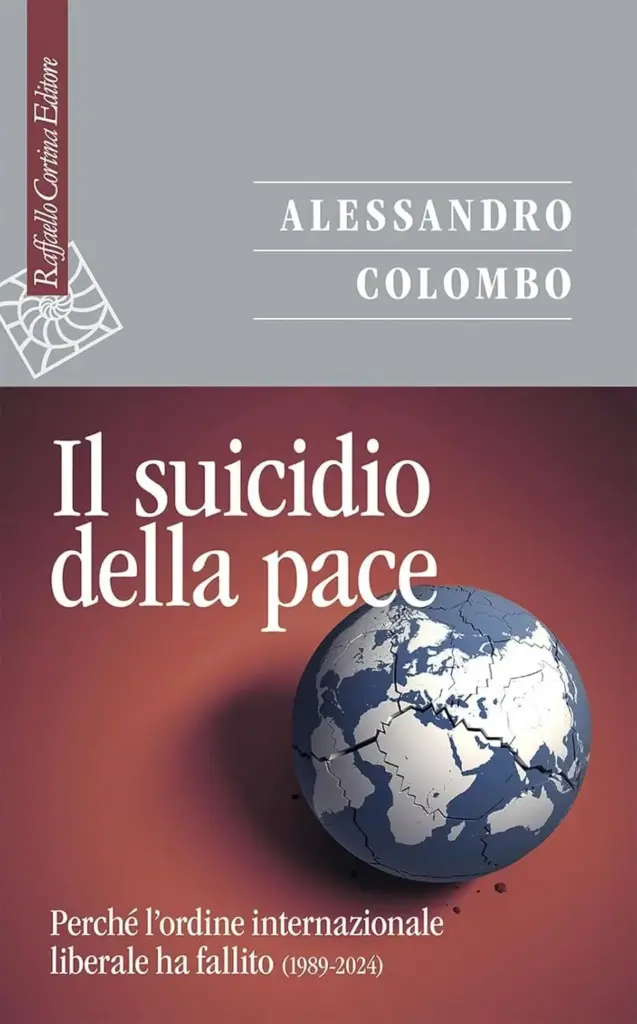Navigating through public debate is becoming increasingly difficult. Whether it’s domestic or international politics, the space for reasoned discussion is shrinking. Amidst the shouting and ideological posturing, finding solace in a good read is often the best option. When it comes to international relations theory, there is a plethora of classic works to choose from – Edward H. Carr, Hans Morgenthau, Raymond Aron, Martin Wight, Kenneth Waltz, among others. A recent addition to the shelves is The Suicide of Peace: Why the Liberal International Order Failed (1989-2024) by Alessandro Colombo, a professor of International Relations at the University of Milan.
Professor, in your introduction, you describe the post-Cold War liberal international order as fragile, illusory, and even suicidal. Why is that?
The rapid decline of the liberal international order, from its peak in the 1990s to its unraveling in the early 2000s, highlights its inherent fragility. Despite unprecedented political, economic, and military dominance, the order faltered due to a series of events, including the Iraq War failure and the 2007-2008 financial crisis. The decline occurred at a time when the US and Europe faced no significant challengers, yet their disregard for global perceptions and security concerns hastened the order’s demise.
Criticizing the universalistic nature of the liberal international system, you reference Raymond Aron’s admonition about political elites balancing national interests with global concerns. Have Western elites failed in this regard by retreating into echo chambers?
This retreat into self-referential bubbles is a fundamental flaw of the liberal international order. The Western powers, intoxicated by their hegemony, disregarded the basic diplomatic principle of considering others’ perspectives and security fears. The obsession with self-security, coupled with indifference to others’ concerns, marked a shift towards narcissism and isolationism, undermining the order’s legitimacy.
Read Also
In an increasingly interconnected world, the role of information is paramount. However, information itself is in crisis, not just due to “fake news” but also the erosion of authority and legitimacy, paving the way for misinformation.
The crisis of information stems not solely from “fake news” but from the breakdown of official knowledge’s credibility. The dissemination of false information thrives on the vacuum created by the waning legitimacy of established knowledge systems. The failure to address social and economic realities and the uncritical acceptance of official narratives have eroded public trust in traditional sources of information.
Your book concludes with a cautionary note about the imperfections of the liberal order, warning of irreparable damage like nuclear conflict. Do you believe the liberal order can be salvaged or is it irredeemably failed?
The liberal international order, as conceived in the 1990s and sustained in subsequent years, has definitively failed, especially with the US’s disengagement. However, envisioning a new international order that transcends Western primacy will be the intellectual and political challenge of the future. This order must retain the positive aspects of past systems while accommodating the preferences and concerns of all global actors.

Alessandro Colombo, The Suicide of Peace: Why the Liberal International Order Failed (1989-2024), Raffaello Cortina, 352 pp, 23 euro
Disclaimer: Through the Amazon affiliate program, Tempi receives a small commission from eligible purchases made on amazon.it through the links on this page, at no additional cost to readers.



